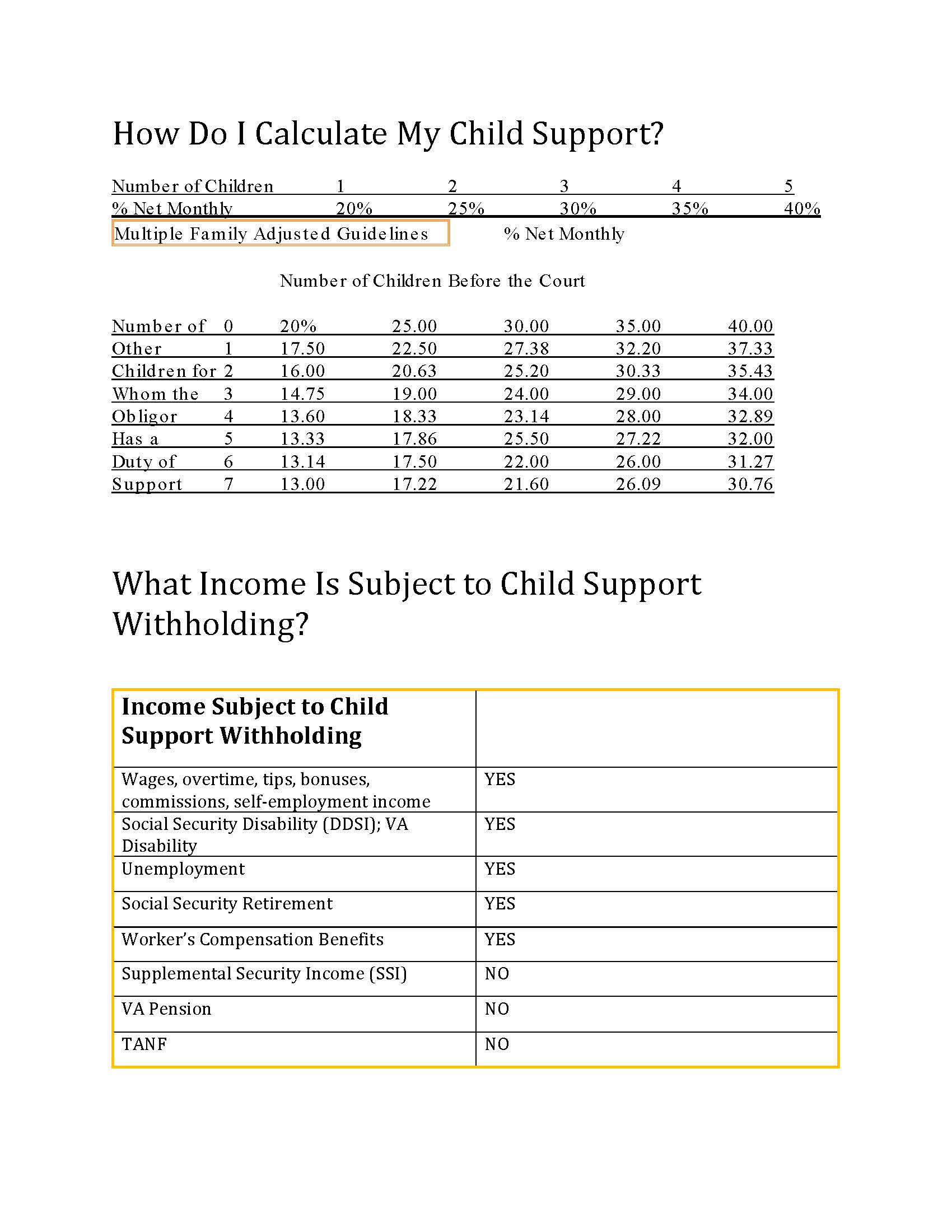TEXAS CHILD SUPPORT GUIDELINES
Child support amounts are based on a percentage of the monthly net resources of the obligor and the number of children.
BASIC CHILD SUPPORT GUIDELINES
Why Do You Need An Aggressive Divorce Lawyer?
A successful divorce or child custody case often begins with a strong assertive offense and/or defense, and you need a lawyer capable of being assertive when and as necessary. Our Dallas child custody and child support attorneys have represented clients in hundreds of cases, from simple undisputed divorces to the most complex and difficult matters. They have successfully taken numerous cases to trial and have reached settlements favorable to our clients in scores more. Our success is due to our attorneys' strong concern for our clients' best interests that drives them to protect our clients' rights and interests. Our Dallas child support lawyers will not allow you to be taken advantage of but will strive to protect your rights, to fight for your interests, and to give you the strong and aggressive representation your case demands.
Additional Child Support Guideline Focus
What Can The Judge Consider When Setting Child Support Above Or Below Guidelines?
Texas child support guidelines have a maximum cap on the amount of monthly net income upon which child support may be calculated. Every six (6) years the Texas legislature adjusts the cap on that monthly net income cap to adjust for the amount for inflation. Currently, as of September 1, 2019 if your average net monthly resources are $9200 or less, the amount of child support is calculated as a percentage of the average net monthly resources. To determine the amount of monthly child support, apply the percentages in our Child Support Calculation Table to determine your child support due or owed.
A judge may adjust child support up or down from the presumptive amount under the Texas child support guidelines depending on:
- The age of the child;
- The proven needs of the child (e.g. medical, health or educational expenses beyond secondary school);
- Child care expenses necessary to remain employed;
- Provisions for health insurance and out of pocket medical;
- Each party's period of possession or access to the child;
- Each parent's respective ability to contribute to the child's support;
- Intentionally unemployed or underemployed of a parent;
- Corporate perks and benefits (e.g. Per Diem, car payments, house payments, or other benefits);
- Paycheck deductions and Paycheck bonuses;
- Cash flow from any real or personal property investments;
- Debts assumed by either party;
- Spousal maintenance; and
- Any other reason consistent with child's best interest.
What Can The Judge Not Consider In Setting Child Support?
The judge is not allowed to consider these factors when determining child support in Texas:
- a history of voluntary payment above the guidelines amount (e.g. extra gifts, extra clothing, extra food, or extra payments made to support the child, etc.);
- the sex of a parent or child;
- the marriage or new spouse of the person paying the child support; or
- the marriage or new spouse of the person paying the receiving child support.
CLIENT MATTERS
5,000+
YEARS OF SERVICE
25+
Award Winning
Recognized in the legal industry as dedicated board-certified lawyers and Rising Stars.
Expert Team
Your project will be handled by legal experts every time. You will have the most experienced attorneys working for you.
Quality Representation












